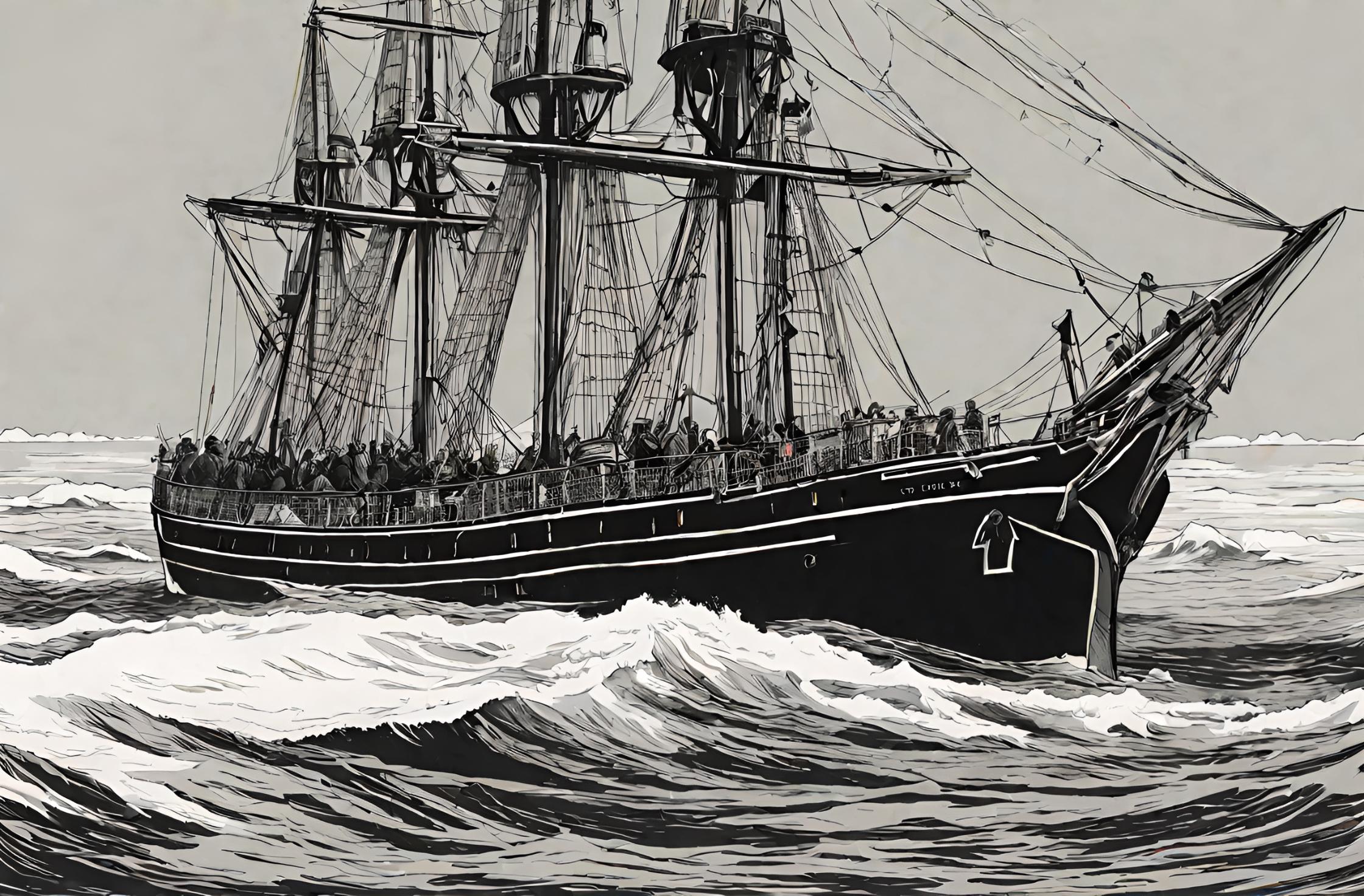Flashback to April 27
American History

On February 11, 1953, President Dwight Eisenhower made a controversial decision that would have far-reaching implications in American history. He refused the clemency appeal for Ethel and Julius Rosenberg, a couple convicted of espionage and conspiracy to commit espionage. This event sparked intense debate and raised questions about the fairness of the American justice system.
The case of Ethel and Julius Rosenberg was a highly significant one during the Cold War era. The couple, both supporters of communism, were accused of sharing classified information about the atomic bomb with the Soviet Union. The government’s case against them largely relied on the testimonies of their acquaintances, who claimed that the Rosenbergs were engaged in espionage activities.
However, the lack of direct evidence linking the Rosenbergs to espionage became a major point of contention in their trial. Many argued that the government’s case was built on weak foundations and that the couple were being unfairly scapegoated for larger political reasons. Despite this, the Rosenbergs were found guilty in 1951 and sentenced to death.
As the execution date drew closer, a significant public outcry arose, with many individuals and organizations appealing for clemency on their behalf. Supporters of the Rosenbergs argued that the death penalty was too harsh for their crimes, especially considering the lack of definitive evidence presented during the trial.
President Eisenhower’s decision not to grant clemency further fueled the controversy surrounding the case. Critics accused him of allowing political considerations to influence his decision, suggesting that the administration wanted to send a strong message about the consequences of engaging in espionage activities. Others, however, argued that the refusal of clemency was a necessary step to protect national security interests and deter future acts of espionage.
The Rosenberg case raised broader questions about the ethics and fairness of the American justice system. Some argued that the couple’s trial had been unfair, with legal experts questioning the admissibility of certain evidence and the conduct of the judge and prosecutors. Additionally, concerns were raised about the severity of the death penalty for nonviolent crimes such as espionage.
The controversy surrounding the Rosenberg case extended beyond national borders. Internationally, there were widespread protests and criticisms of the American government’s decision. Many argued that the execution of the Rosenbergs would not only be a violation of human rights but also undermine America’s standing in the global community as a champion of justice and fairness.
On June 19, 1953, Ethel and Julius Rosenberg were executed in Sing Sing Prison in New York. Their deaths sparked further debates about the appropriateness and effectiveness of the death penalty, as well as the implications for the families left behind.
Decades later, the Rosenberg case continues to be a subject of study and analysis. Scholars, historians, and legal experts have reexamined the evidence presented during the trial, raising questions about the couple’s guilt and the fairness of their conviction. Despite the ongoing discussions, the official position of the American government remains unchanged, with successive administrations upholding their guilt.
President Dwight Eisenhower’s refusal to grant clemency to Ethel and Julius Rosenberg on February 11, 1953, ignited a firestorm of controversy that persists to this day. The case raises important questions about the fairness of the American justice system, the severity of punishments for nonviolent crimes, and the delicate balance between national security and individual rights. As history continues to unfold, the Rosenberg case serves as a reminder of the complexities and ethical dilemmas inherent in the pursuit of justice.
We strive for accuracy. If you see something that doesn't look right, click here to contact us!
Sponsored Content

Pomona sinks in North…
On April 27, 1859,…

Tornado destroys Pryor, Oklahoma,…
On April 27, 1942,…

Americans under General Pike…
On April 27, 1813,…

Jerome Lejeune, physiologist, dies…
Jerome Lejeune, a renowned…

1,450 of 2,000 paroled…
On April 27, 1865,…

Grant’s Tomb is dedicated.
On April 27, 1897,…

